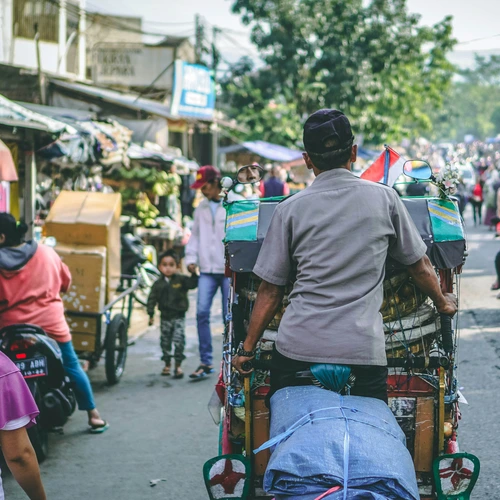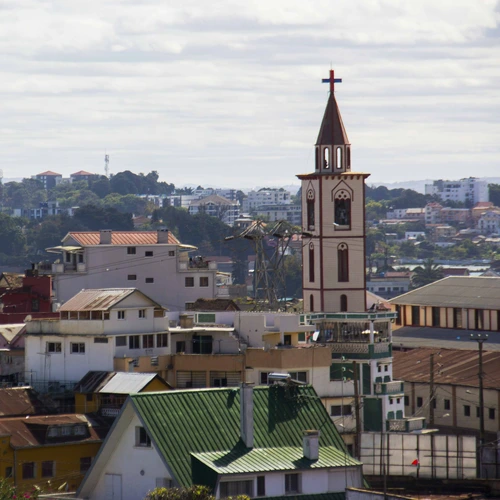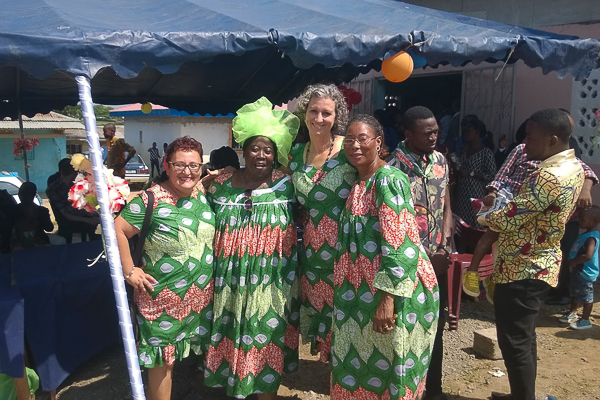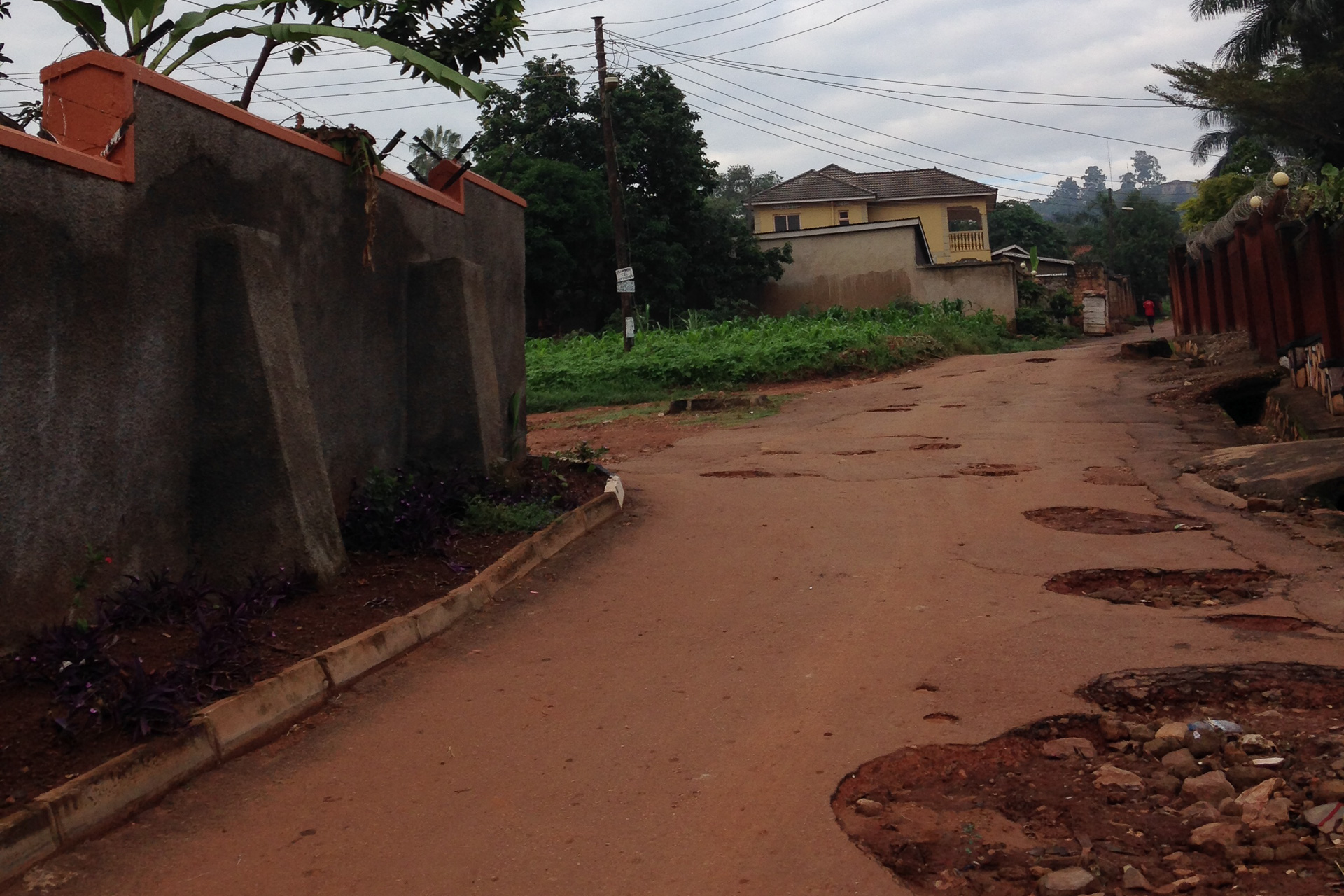HIV/AIDS and the Responsibility of the African Church

Think back to the 1980s, when HIV, unfortunately, became the new deadly disease. Rumors flew about how it was transmitted, who was at risk, and how it was essentially a death sentence. We’ve since come a long way. Now, at least in the majority of first world countries, HIV has been placed into the category of “chronic” diseases and is no longer (for the most part) a death sentence. Here, in Africa however, it continues to run its deadly rampage and remains as the number one cause of death in a large majority of African countries.
As I am concluding teaching my first seminary level class on the subject it has become more and more apparent as to why this is the case. I will only speak of the country I am living in, because that is as far as my personal knowledge goes. I have read more books over the last few months about the subject and so have become a lot more educated about HIV/AIDS in Africa, but my personal experience with it only covers this little country.
First day of class: myths uncovered
My first day of class I wanted to explore what the myths surrounding HIV were in this country. So I made up sticky notes that had a combination of true and false statements, and asked the students to place them up on the board under each category so I could get a feel for what my students thought. This is the list I came up with, and their responses next to each statement. (I have put the actual answer next to it.)
- In Africa, more men are infected with HIV than women – their answer: true; reality: false
- In Africa, more women are infected with HIV than men – their answer: false; reality: true
- You can look at a person and know they have HIV/AIDS – their answer: true; reality: false
- The number one way HIV in transmitted is at the barber or manicurist – their answer: true; reality: false. There is no documented case of HIV being transmitted via manicurist instruments (other diseases, yes, but not HIV.)
- Witch doctors can curse you with HIV – their answer: true; reality: false
- You can have HIV and your test can come up negative (window of infection) – their answer: false; reality: true
- HIV/AIDS is the same thing – their answer: true; reality: false (HIV is the virus that causes AIDS.)
- Mosquitoes can infect you with HIV – their answer: true; reality: false
- There is a cure for HIV – their answer: true; reality: false
In addition, no one in the class believed that HIV/AIDS was the number one cause of death in their country. They all believed that malaria is the number one cause of death. (It’s actually number three.)
This was a great way to start the class, because I could immediately counter the myths, teach them the realities of the disease, and educate them on prevention and methods of transmission. I can’t say this went over easy. It was a much heated conversation, and took a lot of convincing, showing of evidence, and showing statistics before people started to come around and believe it.
I was, however, still worried about the overwhelming statistics of HIV/AIDS-related deaths in a country where testing and medication is free. And I found out the reasons why. First, sex education is considered a taboo in this country. It simply isn’t discussed in the home, in church, or anywhere for that matter. Second, a huge stigma continues to be attached to this disease. People are ashamed, and don’t want to be seen going to the hospital to get their medication. And third, polygamy is an accepted cultural norm.
Affecting change
The thing I continued to discuss when my seminary students were getting frustrated was that this was not something that could be changed in a day, in a few months, or even a few years. These were cultural norms that were going to take a generation to change, but that did not alleviate the necessity that we start now. And that it starts with them in their churches. I explained that it was our job to break the cycle and to be part of the solution. So, I challenged each of my students to talk to their children, to start programs in their churches, and to be active and vocal in their communities.
We, as North Americans, as people of a completely different culture, and shake our heads in wonder as to why people believe what they believe. But I ask you to step back, and consider your surroundings, your resources, and remember where we came from in the early stages of this disease. It took a lot of public health education to help everyone have a better understanding of this disease, and here, in Africa, we still have a long way to go.
One of the final activities I had my students do was to give a Bible study on key verses that I provided them with. They were required to tie in the biblical truths with HIV/AIDS outreach, and as a church body. The results were incredible! As the last student gave his Bible study, I stood up in front of the class and said, “Remember how, on day one of this class you couldn’t ‘see’ how HIV/AIDS was in the Bible?! Do you see now?!” To which I received a resounding, “Yes!” accompanied by applause, hooting and hollering, and grins all around the class.
I have challenged the class to now take action. To not just take this information in, but to apply it to their everyday lives—to start ministries in their churches, do outreach into their communities, to serve those who are infected, and strive for prevention through education. Only time will tell, but to me this is the best solution of all—nationals serving nationals. When one of the students told me that I needed to go to every church in the country and give out this information, I told them that I will go as often as I am asked, but that the real solution was that they were the ones to now go forward and to make things happen. They are the answer for their country. I’m just a small part to play for however long I am here, but the country will only be changed if each take on accountability and responsibility to make that change.
Erin Pettengill is an MTW missionary serving in Equatorial Guinea.





